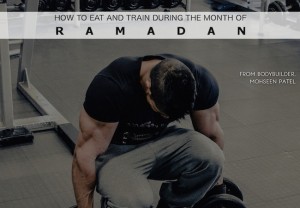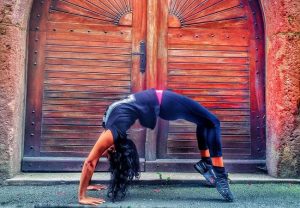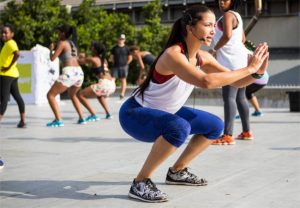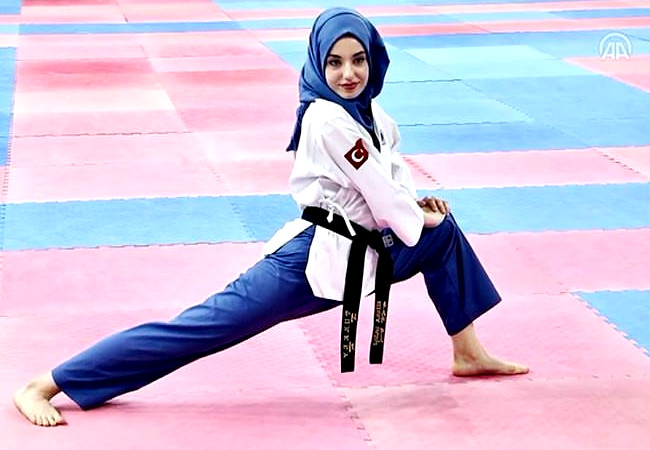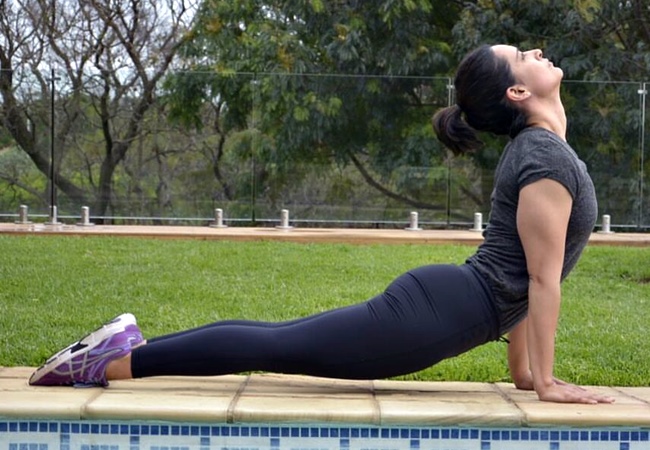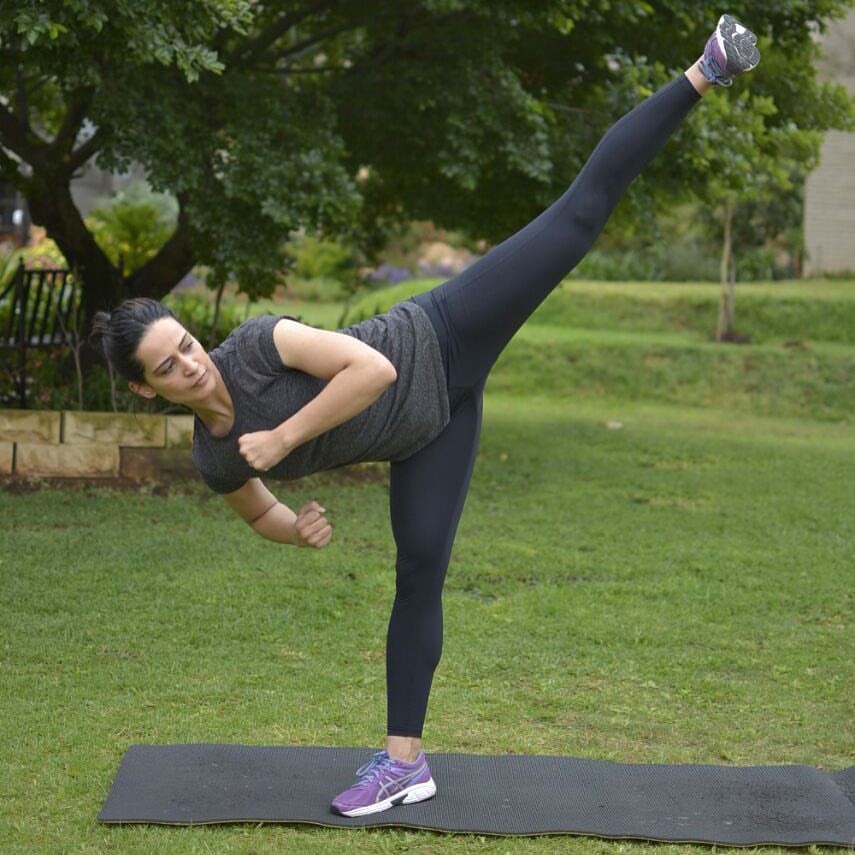How should we train and eat during Ramadan?
At this time of the year I’m frequently asked what the Ramadan training and eating plan is?
Due to limitations, for many, it is a time when they may experience either weight loss, weight gain and especially the dreaded muscle catabolism (breakdown).
But wait for a second, let’s look at the benefits of fasting.
- Fat is more readily used for energy which aids weight loss. This action also reduces cholesterol levels and blood pressure.
- Restores insulin sensitivity and nutrient partitioning.
- Higher growth hormone output.
- Enhanced detoxification.
- Improved mental discipline.
- An opportunity to focus on higher and better priorities.
Below are a list of ideas that you may find useful when it comes to fasting and Ramadan.

IDEOLOGY:
Ramadan is a time to focus inwards. You definitely should not be training 6 times per week or stuffing yourself at night. Neither should your mind be overly occupied with diet, training or your physique.
Ideally, these should take a back seat and doing just enough to maintain your shape. The only diet and training goal during Ramadan is the “minimum stimulus” to preserve lean muscle mass, strength and prevent excessive weight gain.
But at the end of the day, it all lies in the balance. Don’t overindulge in foods and completely avoid exercise during Ramadan. The hard truth of the matter is that you can lose that great body you have, in a month, if you do nothing.
INTENSITY:
Treat the month as a deload. Therefore, reduce workouts to 30-40 minutes, 4-5 times per week and decrease your exercise weights by 30-40%. This prevents muscle atrophy, regression in performance and a total crash of your metabolism.
I prefer low to moderate volume and low intensity training. One should steer clear from excessive cardio. Deliberately creating a further calorie deficit is a recipe for fatigue.
TIMES:
The best times to train would either be:
- After Taraweeh salaah.
- Or an hour before Iftaar.
They both have differing benefits.
- Training before Iftaar provides an opportunity to lose those stubborn extra kg’s, as you are in a state of “ketosis”. This means your body uses stored fat for energy. (If you train before Iftar, train at a lower weight loads, as you will not be optimally hydrated and fueled).
- Training after Taraweeh also burns extra calories and stimulates metabolic processes. The hydration and additional calories however allows for a stronger, easier workout.
Remember, our bodies react differently so explore what times works best for you. Ensure sufficient sleep before Suhoor. This allows your muscles to recover.
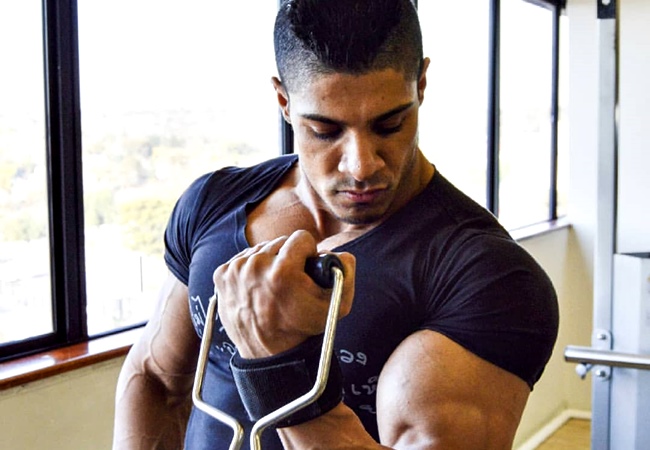
SUPPLEMENTATION:
If you’re dreading the thought of losing your hard-earned gains, supplement with:
- Comprehensive multi-nutrient
- Vitamin c
- Whey protein
- Casein protein
- BCAA’s
- Glutamine
- HMB
- Omega 3
- Phosphatidylserine
Phosphatidylserine is particularly important as it reduces cortisol (acatabolic hormone) which is produced whilst fasting. It also makes you feel loads better!
Eat healthy, with the express purpose of giving your body the nutrients it needs to endure fasting.
*Tip: Start reducing your caffeine intake (coffee, tea, energy drinks) a week before fasting. Alternatively delay your morning caffeine intake to noon. This reduces the risk of headaches when Ramadan begins.
DIET:
Maintain a prudent diet of the right kind (selection) and right amounts (quantity) of carbohydrates which will provide energy. If you choose to eat lean red meat, ensure you consume it 4,5 – 5 hours before bed time to counteract any digestive problems. And lastly, good fats such as nuts and avocado to maintain healthy brain and body function.
It is rather easy to overeat and overindulge when you sacrifice food and drink for an entire day, so keep an eye on what you eat and how much you eat. Consume in healthy moderation!
Hydration is a critical but a forgotten aspect during Ramadan. Drinking enough water is vital to aid digestion, avoid constipation and dehydration.
By viewing Ramadan as an extended deload and using it to recover and restore anabolic signaling, you can increase your training volume and intensity in the weeks after Ramadan.
That’s leaves us with how should we resume training after Ramadan?
Because of the calorie restriction one has undergone, it is a fantastic opportunity to gain some size and strength in the few weeks following Eid.
Research shows that gradually increasing calories and training volume after a period of fasting creates a positive metabolic and optimal hormonal environment. This is ideal for muscle and strength gains, as well as the potential for fat loss.
Life is about balance. Find the right balance between nutrition, fitness and spirituality. With this combination you’ll achieve great results no matter the month. Enjoy Ramadan this year, maximize the spiritual benefits, and use these guidelines to help steer you, when it comes to training and diet.
Ramadan Mubarak.








